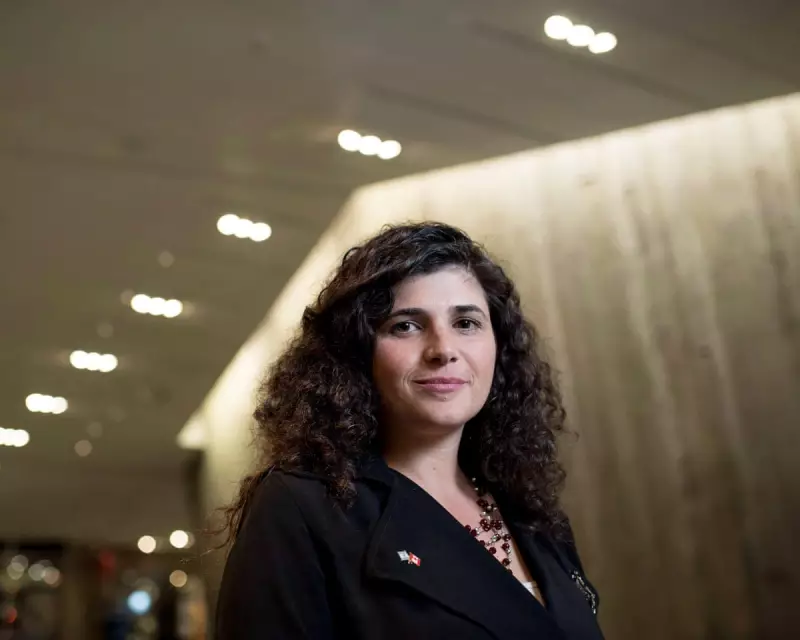
The political ascent of Sharren Haskel reads more like a screenplay than a conventional CV. The former Bondi veterinary nurse, who once tended to Sydney's pets, now occupies one of Israel's most significant diplomatic roles as Deputy Foreign Minister. Yet, her gaze frequently returns to the Australian shores she left behind.
Haskel's journey from animal care to international affairs is a study in radical reinvention. Elected to the Knesset in 2015 with the centre-right Likud party, her rapid rise through Israel's political ranks has been nothing short of meteoric. Her appointment to the foreign ministry in Benjamin Netanyahu's coalition government marked the culmination of this extraordinary trajectory.
An Enduring Connection Down Under
Despite her high-ranking position in Jerusalem, Haskel maintains a persistent, and at times controversial, interest in Australian politics and society. Her engagement frequently extends beyond diplomatic pleasantries into the thornier thickets of public debate.
This preoccupation manifests in her vocal commentary on Australian domestic issues, particularly those concerning the Jewish community and Israel-related discourse. Her interventions have not shied away from criticising elements within the Australian Labor Party, drawing both attention and consternation from observers in both nations.
Bridging Continents and Careers
Haskel's unique background provides her with a distinct perspective on the Australia-Israel relationship. Her personal history—emigrating from Israel to Australia as a child, then returning to her birthplace as an adult—grants her an intimate understanding of both cultures.
This bicultural lens informs her approach to diplomacy, though it sometimes places her at odds with the more traditional, measured protocols of international statecraft. Her style is direct, media-savvy, and unafraid to engage on politically sensitive terrain, a reflection perhaps of her unconventional path to power.
As geopolitical dynamics continue to shift, Haskel's role as a figure bridging her two homelands remains a fascinating subplot in the broader narrative of Middle East politics and its intersection with Australian interests abroad.





